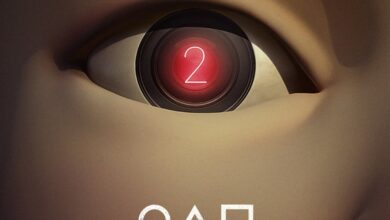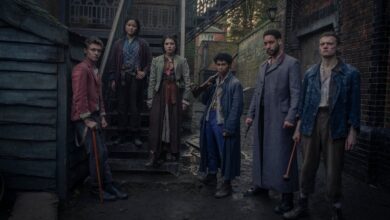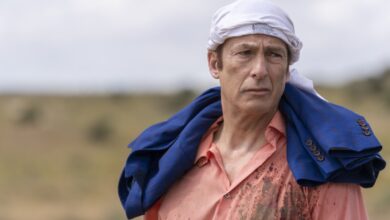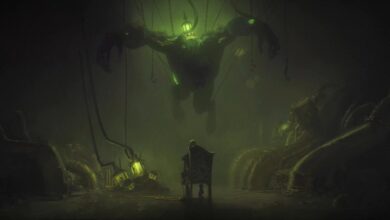Snowdrop: True Story Behind The Series? Because The Disney+ K-Drama Series Facing Controversies? True Story Of Bak Jong-cheol and Cheon Yeong-cho
What Really Happened In 1987 In South Korea? A Spy-Romance Set During One Of The Most Turbulent Periods In South Korean History, The Protests Of The 1987? What Is APSN And How It Worked?
Even before the airing, the spy-romance Snowdrop of Yoo Hyun-mi and Jo Hyun-tak with Jung Hae-In and Jisoo was the subject of fierce criticism and boycotts: the accusation is of revisionism and historical denial. Korean series continue to fill the catalogs of streaming platforms and Disney+ is no exception. From March 9, the Italian subtitled version of Snowdrop, the K-drama by Yoo Hyun-mi and Jo Hyun-tak (the couple behind the black comedy Sky Castle), which has raised hot controversy at home, is available on the service.
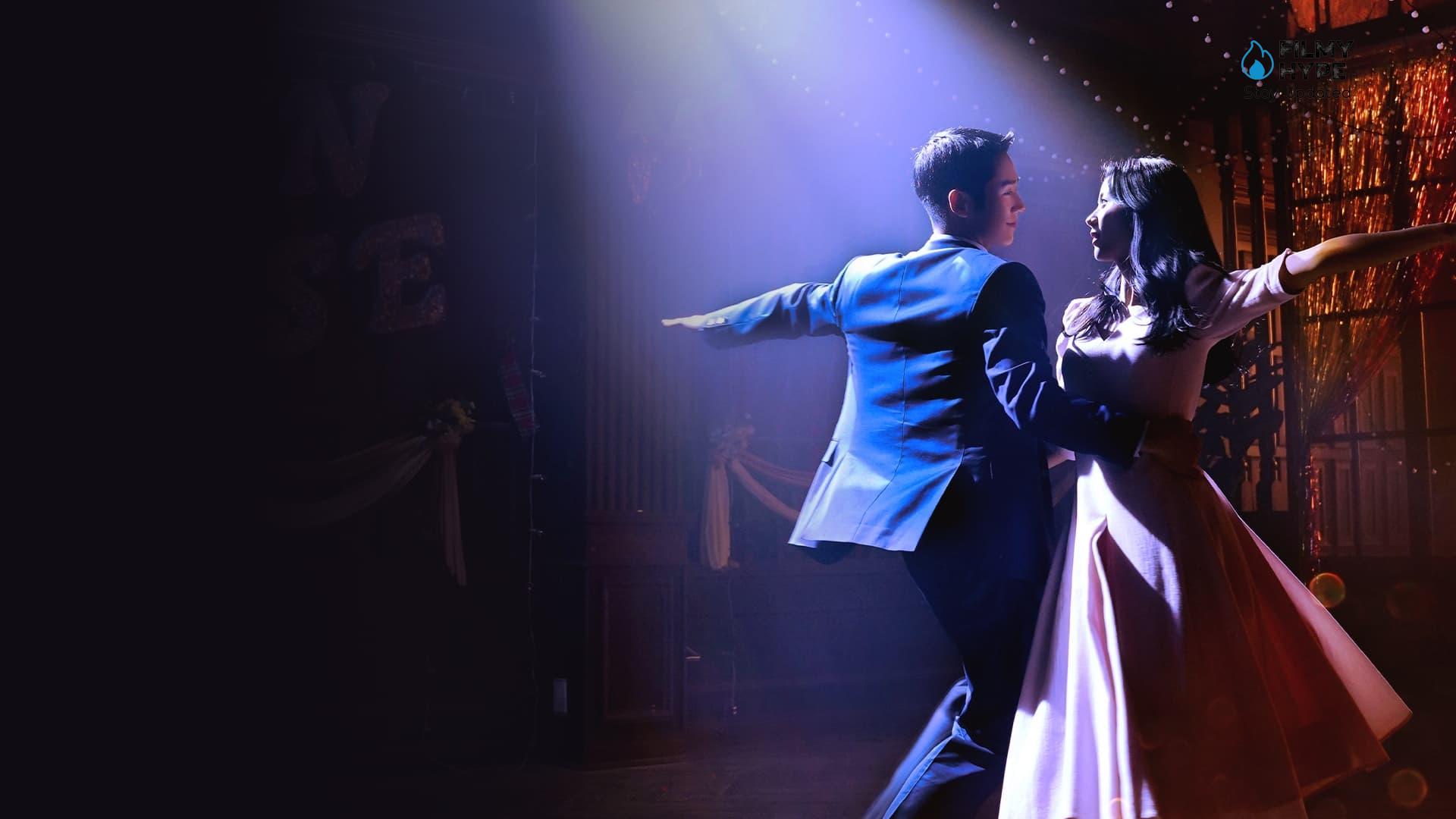
Broadcast on JTBC from December 18, 2021 to January 30, 2022, Snowdrop is a project that Yoo Hyun-mi has been working on for over ten years: a spy-romance set during one of the most turbulent periods in South Korean history, the protests of the 1987. During the scorching summer of that year, millions of people poured into the streets against the military dictatorship of Chun Doo-hwan.
The series reconstructs in 16 episodes those fundamental weeks for the country through the love story between Lim Soo-ho (Jung Hae-in), a North Korean agent on a mission in the South undercover, and Eun Yeong-ro (Jisoo of Blackpink), a freshman of Seoul Hosoo Women’s University.
The two meet by chance and fall in love instantly. But there are only a few days before the elections and the so-called ” June Struggle “, that social push that will lead to democratization that has reached our days, is raging in the squares, in universities and dormitories. Keeping the secret of Lim Soo-ho’s true identity proves dangerous for Eun Yeong-ro and her family.
Snowdrop Series: What Really Happened In 1987 In South Korea?
It is June 10, 1987 and thousands of men and women take to the streets to protest against Chun Doo-hwan , the “butcher of Gwangju ” in office since 1980. The dictator rules South Korea with an iron fist: he has earned that disturbing nickname because, after the coup d’état of 1979 with which he came to power by establishing the Fifth Republic, he forcibly suppressed a revolt of students and professors that broke out in the southwest causing at least 200 deaths. It was the “Korean Tiananmen”.
The causes that unleashed the students were the death of Bak Jong-cheol , a young activist from the linguistics faculty of Seoul University who was subjected to tremendous torture on January 14, and the announcement of Roh Tae ‘s candidacy in the December elections. woo , the leader of the ruling party DJP (the Democratic Party of Justice), to the succession of Chun Doo-hwan. Although under the command of the general Korea is experiencing strong economic development and has obtained the organization of the 1988 Olympics, the company is clamoring for free elections and respect for civil rights.
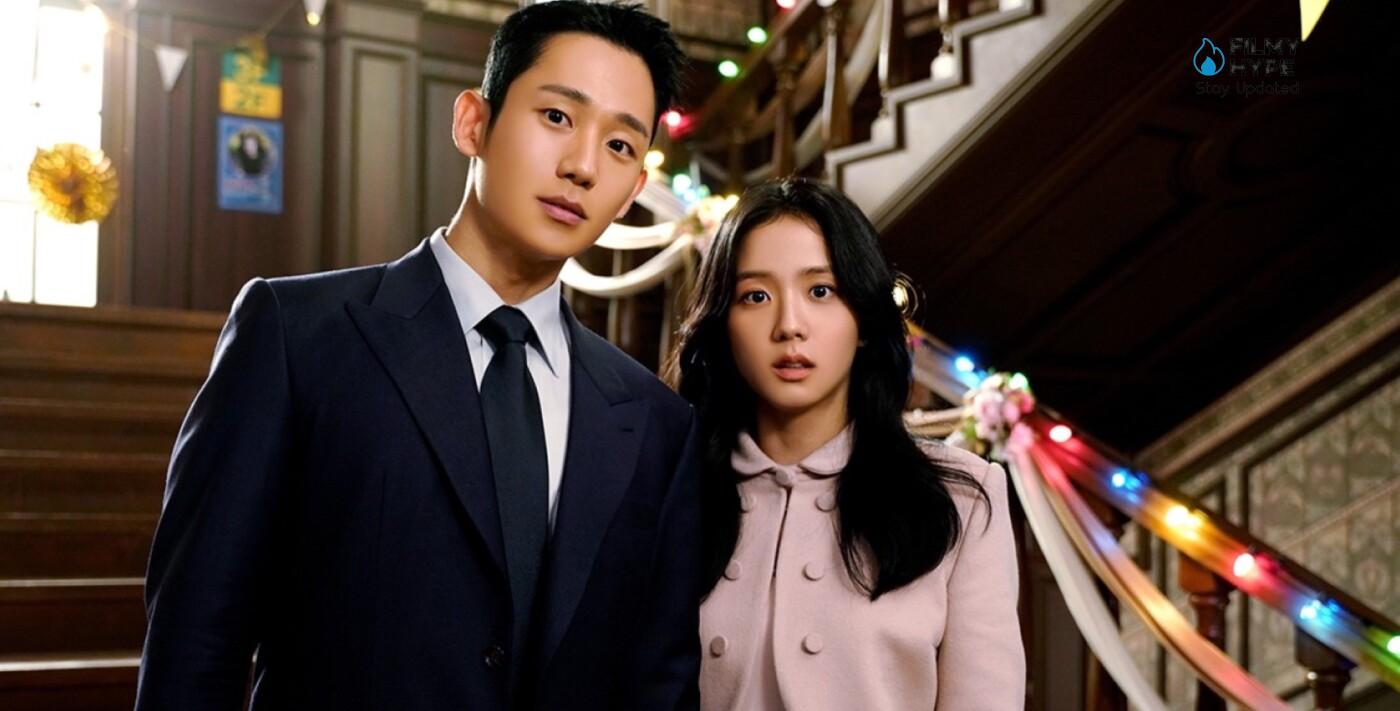
The first to protest are the university students, protagonists of violent clashes with policemen sent to quell the riots. The government closes 86 universities out of a total of 103 for reasons of public order. But the population in many cases sympathizes with the students, entering their processions.
Police don’t just use tear gas and batons to disperse crowds. The right-wing government limits political freedoms because it is convinced that democratization would lead to the affirmation of communism. President Chun and Prime Minister Lee Han-ke use the propaganda and action of the APSN, the Anti-Communism Investigation Bureau, to discredit protesters by presenting them to the public as North Korean spies and to subject those arrested. to tremendous torture, from electric belts and restraint chairs to waterboarding.
After threatening extraordinary measures and a state of emergency, the student revolt continues to grow in intensity. The government is in crisis and is forced to make some concessions. Chun opens to presidential election by direct suffrage. The first free parliamentary elections were held in 1988 and the disputed Roh Tae-woo won.
The protests of the university students continue but, contrary to expectations, Roh liberalizes the political system, cancels all authoritarian instruments of government, grants a general amnesty for all political prisoners and re-establishes international relations with China and the Soviet Union. The organizational success of the Seoul Olympics and the entry into the United Nations in 1991 normalized the country and made Korea emerge on the international scene.
Snowdrop: What Is APSN And How It Worked?
Within the KCIA, the Korean Central Intelligence Agency created in 1961 by Park Chung-hee and closely linked to the US CIA, there is the so-called APSN, the Anti-Communism Investigation Bureau strongly supported by Chun Doo-hwan. The mission of the agency is clear: to obtain information on the personalities and activities of South Korean communists and to suppress all forms of dissent through a network of specialists, moles, secret agents with experience and contacts in the upper echelons of the government.
The APSN has free access to all government offices and documents, the budget is kept secret and never made public. During the 1987 protests, the office does much worse: it begins arresting students and activists without warrants or evidence and labeling them as North Korean spies, torturing and executing them. Among the 1988 reforms implemented by Roh Tae-woo there is a strong limitation of the powers of the APSN and the removal of agents who have committed abuses of power and serious crimes during street demonstrations.
The True Stories Of Bak Jong-Cheol And Cheon Yeong-Cho
Bak Jong-cheol is the linguistics student of one of the most important Korean universities killed on January 14, 1987 by APSN agents during a “session” of torture with waterboarding. Bak led the protests against Chun Doo-hwan for the Gwangju massacre. After his death, the authorities suppress the circulation of any information on the case and even order the cremation of the body to eliminate all traces. The story of him, a shocking and painful event engraved in the memory of Koreans, has already been at the center of Jang Joon-hwan ‘s 1987 film: When the Day Comes, blockbuster with over seven million tickets.
Cheon Yeong-cho is another student who is a symbol of the “June Struggle”. She is the leader of Garayeol, a circle of resistant women who in a purely male environment such as that of university movements, join the protests by making their voices heard. Yeong-cho and former journalist Seo Myung-sook are among the protagonists of the democratic struggle. Arrested in Jeju during a demonstration and taken to Seoul by force, Cheon is tortured by APSN tormentors in the secret offices of the Namyeong-dong police station and Myung-sook in a motel room where anti-communist forces have set up a “torture chamber”. Locked in Seongdong prison, the two are released when the “Seoul Spring”
Snowdrop Protests And Boycott
Even before airing, when the script leaks are circulated online, Snowdrop is accused of revisionism and historical denial. What immediately infuriates the public is the choice of a protagonist presented as a spy from North Korea who infiltrates pro-democracy students to generate chaos and subvert order: in practice, the same false accusations used in 1987 by Chun Doo-hwan to discredit the movement that challenged him.
The JTBC network is forced to issue several official statements in which it points out that the series, set three weeks before the 1987 elections and not during the summer protests, is simply a romantic drama that does not want to “distort the pro-democracy movement or glorify the ‘APSN“.
Inevitably, reactions begin on the description of the APSN (told in a positive and “normalized” way, very far from the historical reality of the facts), on the characterization of the character of Lee Kang-moo (a brave and valiant agent of the APSN) and on the name of the female protagonist. In the drafts of the script, what will become Eun Yeong-ro is called Eun Young-cho , a name too closely reminiscent of Cheon Yeong-cho. Others point out that the back story of Lim Soo-ho’s father is tremendously similar to the Isang Yun story., the composer who promoted the reunification of the two Koreas and was arrested by Japanese forces during the occupation for his political commitment. Even when he moved to Berlin, Yun continued to be persecuted, arrested and tortured by the South Korean government under the false accusation of spying for the North.
The Straits Times reports that JTBC is overwhelmed with protests: a petition sent to the Blue House (the residence of the President of the Republic) to block production collects more than 200,000 signatures in a few days (except for being rejected to protect freedom of expression) and the promoters they rent a truck complete with protest signs, placing it outside the broadcaster’s headquarters in Seoul.
Attentioned by Bangsongtongsinsimui Wiwonhoe the Korea Communications Standards Commission Snowdrop debuts December 18 and 19, 2021 on JTBC with the first two episodes. Thirty petitions addressed to the Blue House and the KCSC were launched immediately, reaching 300,000 signatures on 21 December. Snowdrop earns the nickname “unconstitutional series” and its cancellation is demanded in a loud voice. Big brands such as TEAZEN, Ssarijai, Heung Il Furniture, Ganisong, P&J Group and Han’s Electronics are withdrawing their planned ads during airing. The University of Daegu, the main filming location, is asking that your name and any reference to the university be removed from the show’s credits. Lee Kyung-ran, the president of the Lee Han-yeol Museum, denounces creators Yoo Hyun-mi and Jo Hyun-tak to the Anti-Corruption and Civil Rights Commission for violating the national security law and “glorifying Nazism”.
Various institutions that preserve the memory of the “June Struggle” and the two students who died in the protests, Bak Jong-cheol and Lee Han-yeol, openly take sides against Snowdrop. The World Citizen Declaration association takes the leaders of JTBC to court by presenting an injunction to a judge in Seoul, who acquits the network and CEO Jung Kyeong-moon because there is not enough evidence to prove that the series, while “distorting “some historical events for narrative purposes,” glorify “the violation of civil rights. On the sidelines of the ruling, JTBC releases yet another statement in which it reiterates that Snowdrop is a work of fiction, “there is no spy leading the democratization movement” (as episodes 3, 4 and 5 demonstrate, revealing the collusion between the ANSP and the North Korean government) and the dictatorship in a country in mercy of events is only the background of the narrative, whose “heart” remains a love story.
Snowdrop becomes a political case even in view of the presidential elections on March 9. Sim Sang-jung, the candidate of the Jeonguidang Social Democratic Party, has no problem stating that “if we want to shed light on a dark era in our history, the protagonist should be an ordinary citizen who has shed blood, sweat and tears for the democracy, not security guards and southern spies under the dictatorship “and that” creative freedom should be modest in the face of the scars of history “.
Jung Yun-cheol will animate the discussion on social media. In a message on Facebook, the director of the film Marathon defends Snowdrop, advising to watch the series in its entirety before criticizing it and pointing out that censoring it would be a “dictatorial” act. Jung cites two films as models: Hiroshima mon amour by Alain Resnais and The Lives of Others by Florian Henckel von Donnersmarck. Examples of love stories between people of “questionable political extraction” in which “art allows you to imagine the impossible”.
After the media bomb exploded, JTBC finally went on the counterattack. The broadcaster has decided to “take strong preventive measures” to protect the creators, the cast and the broadcaster from the “spread of false information” on Snowdrop: fake news, slander and “groundless accusations” that are causing serious damage to image to the company. A sign that the events of 1987 are still a nerve in South Korean history.


